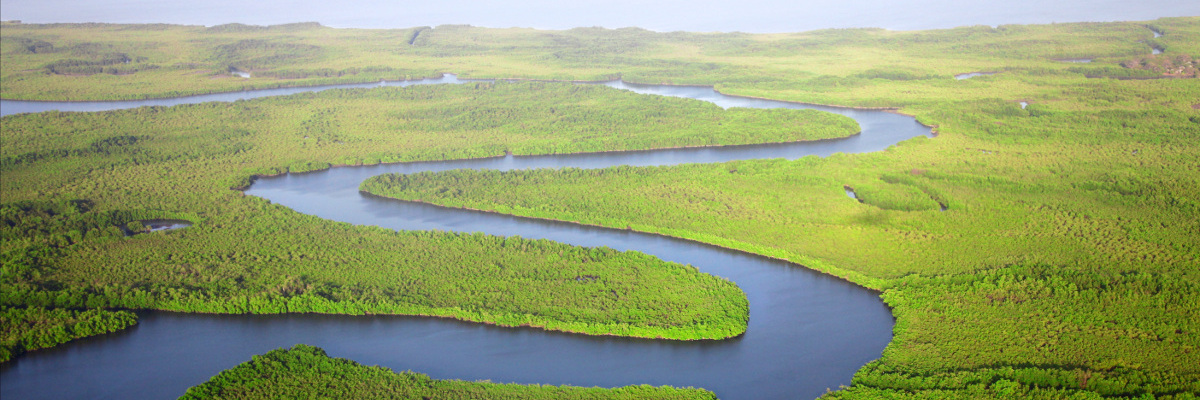Most people do not need any reasons to play games, but to play games for your work; you might want to have some arguments to convince your boss. In the case of water management games, I have some arguments for you to use. And with a little bit of creativity, they might be useful for other subjects as well.
So first, training!
Playing games can help you prepare for possible scenarios and uncertainties.
A game might be ‘just’ a notion of reality but it can prepare players to deal with real-life decision-making under uncertainty. This kind of use is very normal for military type games and work just as well for water management. A water manager has to make a difficult long-term decision taking into account elements such as climate change and population growth. In my opinion, it’s better to train and experiment in the safe environment of a game.

The second good reason to play water management games is sharing knowledge and ideas.
The game itself could contain new concepts or information for a player. For example, a water management game could include measures that the player never knew existed. A different and maybe even a stronger point supporting this argument is that players share their insights and experiences with each other during the game. It’s one of the reasons to take your time for feedback after a game because this is when people can tell and share their stories.
If more convincing is necessary, the final argument can be that games have the power to motivate and engage players.
And what boss doesn’t want people to be motivated!
Games even serious games should be designed to be fun and interactive. This means that players are the ones in control of the world and have an active role to play.
So water managers have a lot of good reasons to play games, and there are lot good water management games out there!
To check out out what games and projects our guest author Rens van den Bergh participated in, visit Deltares website.





